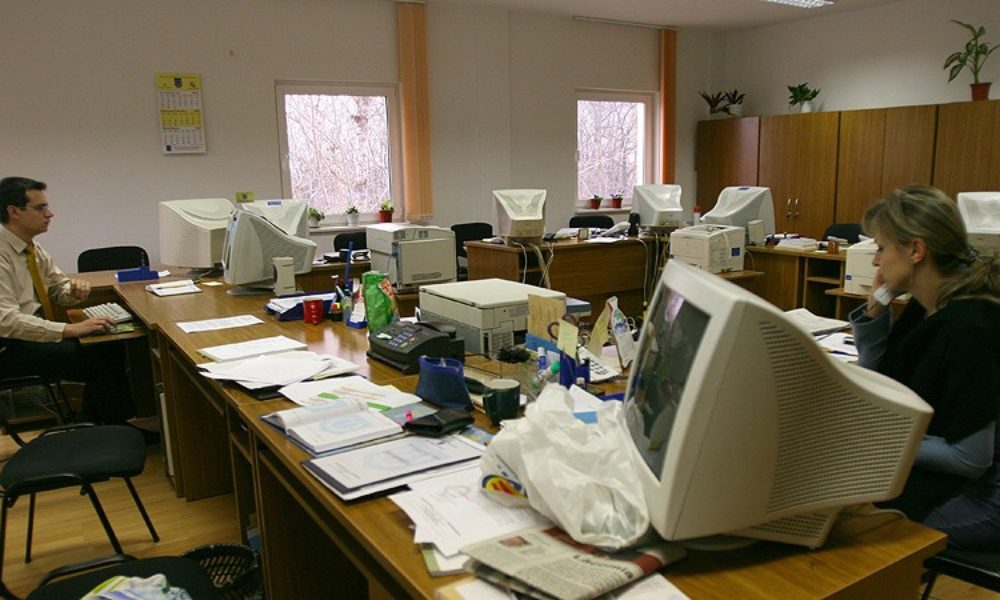What managers can learn from the scientific method – diepresse.com

Column « Hirt on Management »: Episode 250. So that the last 3000 years of development in science have not been completely free.
The scientific method can be very valuable for managers because they promote systematic thinking, sound decisions and continuous improvement.
Here are five central points that you can learn from it:
- Hypotheses formation and testing instead of gut feeling
Instead of relying on intuition or habit, managers learn to formulate assumptions and to test them in a targeted manner.
This makes decisions of evidence -based and comprehensible. - Data orientation instead of subjective perception
The scientific method requires the collection and analysis of data.
This teaches managers to rely on measurable facts-for example through KPIs, customer feedback or A/B tests. - Iterative procedure and learning from mistakes
Scientific progress is based on experimentation and willingness to recognize and learn mistakes.
Managers can use this thinking for agile methods, innovation and change processes. - Objectivity and critical thinking
The scientific method requires distance to your own opinion.
For managers, this means accepting uncomfortable truths, recognizing the blind spots and involving various perspectives. - Systematic problem solving
Complex challenges are often solved in science by disassembling smaller questions.
This structured procedure helps managers and managers to address problems analytically and solution -oriented. .
The most important thing shortly
Managers can learn from the scientific method of making decisions systematically, data -based and critical, continuously improving and being open to mistakes and new knowledge.
Send your questions to Michael Hirt:
The questions are answered anonymously.
Here Find the collected columns.
Michael Hirt is a management expert and consultant, executive coach, keynote speaker and book author. Hirt helps executives for exceptional performance and results increase, with a high impact on the success of your company. He studied in Austria, the USA (Harvard LPSF) and France (INSEAD MBA) and works worldwide.
Guest comments and contributions from external authors do not have to correspond to the opinion of the editorial team.





:format(webp)/s3/static.nrc.nl/images/gn4/stripped/data133212425-ae69bf.jpg)

